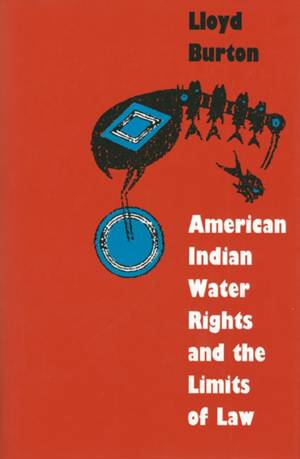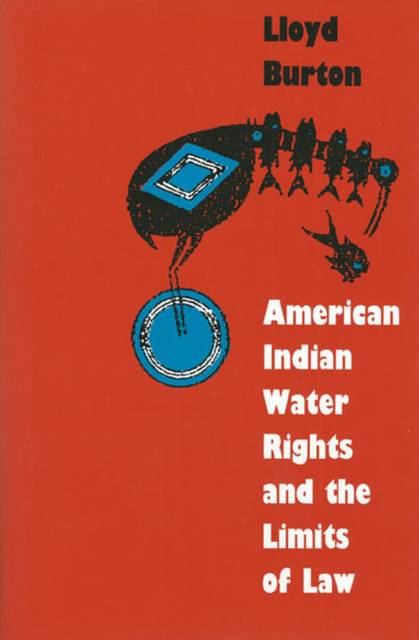
- Retrait gratuit dans votre magasin Club
- 7.000.000 titres dans notre catalogue
- Payer en toute sécurité
- Toujours un magasin près de chez vous
- Retrait gratuit dans votre magasin Club
- 7.000.0000 titres dans notre catalogue
- Payer en toute sécurité
- Toujours un magasin près de chez vous
Description
Gold is no longer the most precious treasure of the American West. Water is. In the arid western half of the United States, the unquenchable thirsts of industry, agriculture, and growing urban areas have nearly drained the region dry. There is no longer enough water to satisfy the conflicting claims of the many groups fighting over it. Among the claimants are American Indian tribes. They hold water rights dating back to treaty obligations of the U.S. government--rights that often conflict with state water-rights allocation doctrines. Currently they are locked in legal combat with non-Indian adversaries in about fifty major water-rights disputes throughout the western United States. The amounts of water involved are huge, as are the potential economic benefits for the victors. In this thorough, timely study, Lloyd Burton traces the history of American Indian water rights. Focusing on the years following the 1908 Supreme Court decision in Winters v. United States, he dissects the irreconcilable conflict of interest within the Interior Department (between the Bureau of Reclamation and the Bureau of Indian Affairs) that dates from that decision. But Burton is not content simply to record and analyze history. He also examines methods of managing disputes in contemporary cases and offers original policy recommendations that include establishing an Indian Water Rights Commission to help with the paradoxical task now facing the federal government--restoring to the tribes the water resources it earlier helped give away. "This book is a significant contribution to the field for three reasons. It provides a well-written and accessible review of the historical evolution of Indian water rights disputes. It includes a cogent and penetrating analysis of that history and its significance for managing current disputes. And it concludes with a suggestion which is creative and novel, if potentially difficult to implement. This is an important book . . ."--William Lord, director of the Water Resources Research Center at the University of Arizona. "No other book brings together so sharply the tribes, the federal executive and Congress, the courts, and the states. . . . An original and much-needed work."--John G. Clark, author of Energy and the Federal Government: Fossil Fuel Policies, 1900-1946.
Spécifications
Parties prenantes
- Auteur(s) :
- Editeur:
Contenu
- Nombre de pages :
- 192
- Langue:
- Anglais
- Collection :
Caractéristiques
- EAN:
- 9780700606016
- Date de parution :
- 07-06-91
- Format:
- Livre broché
- Format numérique:
- Trade paperback (VS)
- Dimensions :
- 161 mm x 232 mm
- Poids :
- 272 g

Les avis
Nous publions uniquement les avis qui respectent les conditions requises. Consultez nos conditions pour les avis.






